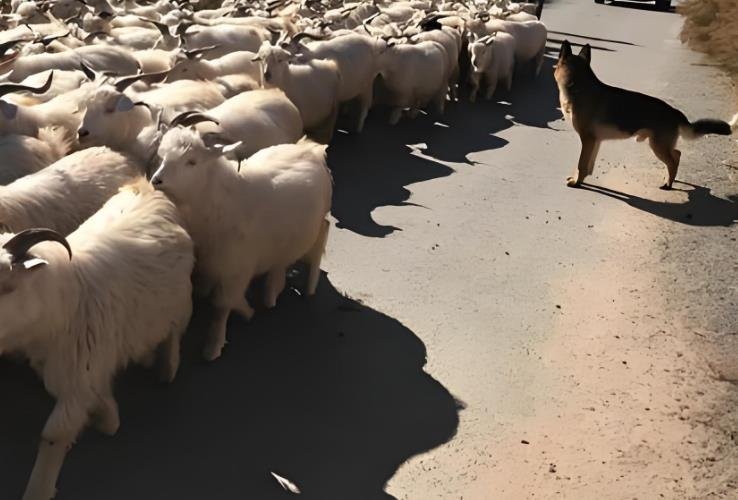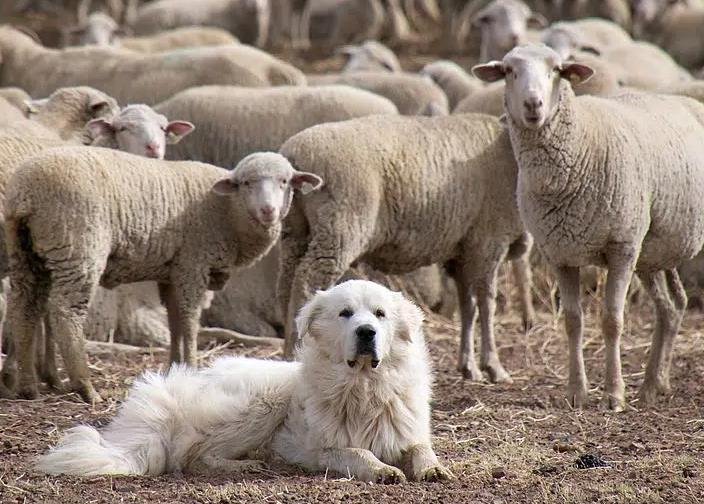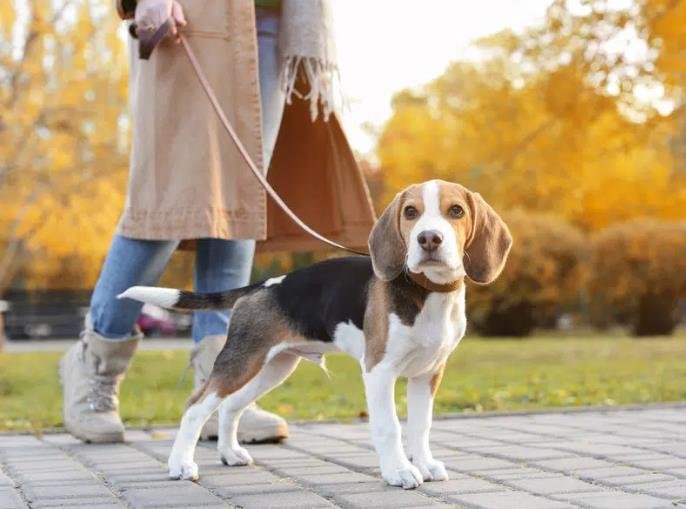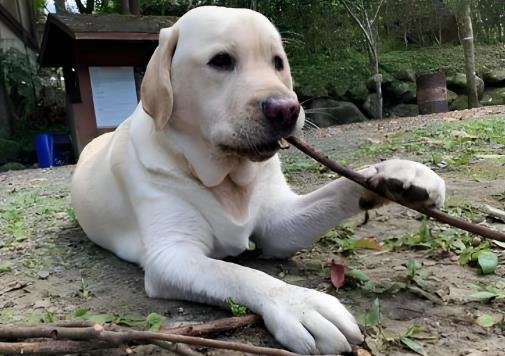Ever watched a Border Collie sweep sheep into a perfect circle and thought, “Could my dog do that?” Whether you’re raising a future farmhand or just want to channel your pup’s inner work ethic, here’s your roadmap to herding success—tailored for breeds from Kelpies to Corgis. 🐑🐾

Step 1: Master the Basics First
“Sit” and “stay” are your foundation!
Before your dog chases its first chicken, nail these core skills:
• Sit/Stay: Essential for freezing mid-chase.
• Recall (“Come!”): Lifesaver if livestock panic.
• Leave It: Stops unwanted nipping.
Pro tip: Use high-value treats like freeze-dried liver—herding breeds like Australian Shepherds are food-motivated geniuses.
Step 2: Start Small (Think Chickens, Not Cattle)
Confidence is key—don’t overwhelm your pup!
• Ideal starters: Calm ducks or dog-broke sheep (they’ll ignore your rookie herder).
• Avoid: Fast goats or stubborn cows. One bad experience can spook your dog for weeks!
Breed-specific advice:
• Border Collies: Thrive on precision. Use low-stress flocks.
• Corgis: Built for cattle but start with mini-goats—their short legs need manageable targets.
Step 3: Introduce the Flock Slowly
Let curiosity—not chaos—rule.
- Day 1: Sit outside the pen. Reward calm behavior with treats.
- Day 3: Leash-walk toward animals while saying “Walk up” (stop 2 feet away).
- Day 7: Practice circling clockwise (“Come bye”) and counter-clockwise (“Away”).
Watch for: Tail stiffness or intense staring—signs your dog’s instincts are kicking in!
Step 4: Level Up to Bigger Livestock
Graduation day! Swap ducks for sheep.
• Use a 30ft leash: Lets your dog feel independent while you stay in control.
• Command combo: Pair “Walk up” with a hand signal (open palm forward).
Breed hack:
• Kelpies: Natural “eye” herders. Let them stalk—it’s in their DNA!
• Great Pyrenees: Guarding breeds need “Get back” cues to avoid stressing sheep.
Step 5: Fine-Tune with Whistles & Breaks
Turn commands into second nature.
• Whistle codes: 1 short blast = “Come bye”; 2 sharp notes = “Away”. Train with treats first!
• Rest every 15 mins: Herding dogs like Belgian Malinois overheat fast—bring water and shade.
Golden rule: End sessions on a win! Even tiny progress deserves a victory belly rub.

Breed-Specific Pro Tips
- Border Collies → Use tennis balls for “fetch breaks” to satisfy their OCD-level focus.
- Australian Cattle Dogs → Train at dawn—they’re morning warriors.
- Old English Sheepdogs → Clipping their bangs improves vision (no tripping over woolly eyes!).
- Pembroke Corgis → Use low fences—their stubby legs can’t jump but WILL try.
Common Mistakes to Avoid
❌ Yelling: Shook pups = bad herders. Use calm corrections.
❌ Skipping “Quit” commands: Teach “Break” to stop mid-chase.
❌ Rushing stages: It takes 3–6 months for most breeds to master basics.
Final Thought: Herding isn’t just about commands—it’s a dance between you and your dog. Watch your pup’s tail wags: A happy herder is a productive one!



